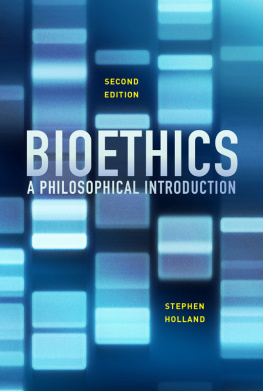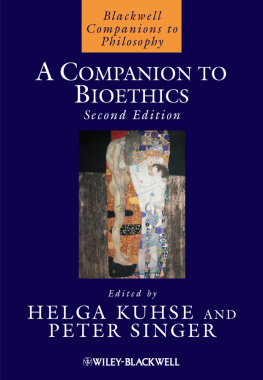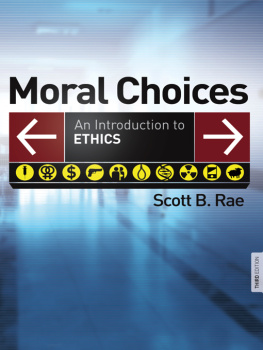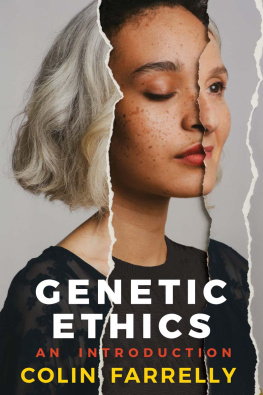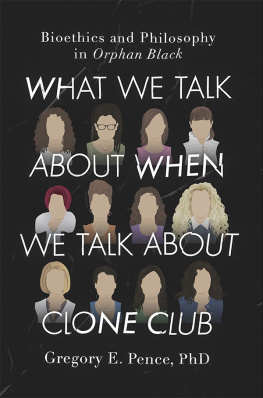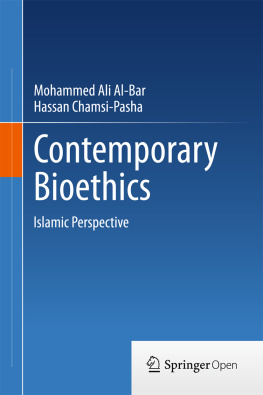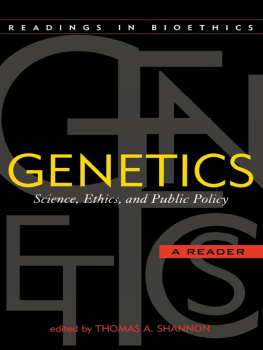
Copyright page
Copyright Stephen Holland 2017
The right of Stephen Holland to be identified as Author of this Work has been asserted in accordance with the UK Copyright, Designs and Patents Act 1988.
First published in 2003 by Polity Press in association with Blackwell Publishing Ltd
This edition published in 2017 by Polity Press
Polity Press
65 Bridge Street
Cambridge CB2 1UR, UK
Polity Press
350 Main Street
Malden, MA 02148, USA
All rights reserved. Except for the quotation of short passages for the purpose of criticism and review, no part of this publication may be reproduced, stored in a retrieval system, or transmitted, in any form or by any means, electronic, mechanical, photocopying, recording or otherwise, without the prior permission of the publisher.
ISBN-13: 978-0-7456-9059-9
ISBN-13: 978-0-7456-9060-5 (pb)
A catalogue record for this book is available from the British Library.
Library of Congress Cataloging-in-Publication Data
Names: Holland, Stephen (Stephen Michael), 1963- author.
Title: Bioethics : a philosophical introduction / Stephen Holland.
Description: Second edition. | Malden, MA : Polity, 2017. | Includes bibliographical references and index.
Identifiers: LCCN 2016018446 (print) | LCCN 2016022828 (ebook) | ISBN 9780745690599 (hardcover : alk. paper) | ISBN 0745690599 (hardcover : alk. paper) | ISBN 9780745690605 (pbk. : alk. paper) | ISBN 0745690602 (pbk. : alk. paper) | ISBN 9780745690629 (mobi) | ISBN 9780745690636 (epub)
Subjects: LCSH: Medical ethics. | Bioethics.
Classification: LCC R724 .H586 2017 (print) | LCC R724 (ebook) | DDC 174/.2dc23
LC record available at https://lccn.loc.gov/2016018446
Typeset in 10.5 on 12 pt Times NRMT
by Toppan Best-set Premedia Limited
Printed and bound in United Kingdom by Clays Ltd, St Ives PLC
The publisher has used its best endeavours to ensure that the URLs for external websites referred to in this book are correct and active at the time of going to press. However, the publisher has no responsibility for the websites and can make no guarantee that a site will remain live or that the content is or will remain appropriate.
Every effort has been made to trace all copyright holders, but if any have been inadvertently overlooked the publisher will be pleased to include any necessary credits in any subsequent reprint or edition.
For further information on Polity, visit our website:
politybooks.com
Dedication
For Louise
Introduction
The aim of this book is to introduce bioethics by discussing some contemporary issues in a philosophical way. Bioethics can refer to any ethical challenges presented by advances in the biological sciences, but here the subject is taken to be more restricted, in two ways. First, the focus tends to be on issues directly related to health and medicine; so, for example, the controversy surrounding genetically modified crops is discussed only in passing. Second, the book tends to concentrate on ethical challenges due to quite striking biomedical advances, such as those in genetics (though this isn't hard and fast, because traditional medical ethical issues, such as advance care planning and euthanasia, are also discussed). To introduce how the book is organized, take an example of a now well-established bioethical procedure, in vitro fertilization (IVF).
One way of debating the ethics of IVF might be called journalistic. This would involve describing IVF and debating its pros and cons. But in doing this some deeper questions would inevitably arise. For example, a major objection to IVF is that it produces embryos that are destroyed, and this is said to be morally objectionable because of the moral status of the embryo. This leads to further questions: what is moral status, and does the embryo really have it; if so, why? The objection to IVF here is that the embryo is destroyed; why is this bad, or wrong? Presumably because it ends a (very short) human life: so is it always wrong to kill a human being? Why is it wrong? Are there circumstances in which it is permissible to kill a human being outright, or otherwise foreshorten their life? In continuing the journalistic debate, it would emerge that IVF selects between possible people, as when, for example, genetically defective embryos are discarded from an IVF programme in order to avoid genetic disease. This raises identity questions: who does and should get born, and what makes us who we are? Finally, in debating IVF another familiar argument would be encountered namely, that it is an unnatural procedure or interferes with nature. This is an intriguing and popular kind of argument; is there really anything in it, and, if so, what?
So, discussing IVF in this journalistic way naturally leads to deeper questions. In particular, questions of four kinds emerge: about moral status; life, death and killing; personal identity; and interfering with nature. Each of these deeper questions arises in numerous bioethical discussions other than the one about IVF. For example, the moral status of animals is crucial to the current controversy surrounding xenotransplantation. The value of human life, and death and killing, are central to the euthanasia debate. Identity questions arise in various disputes: a worry about advance care plans, such as advance decisions to refuse treatment, for example, is that they shouldn't be invoked because the author and the patient are literally different people. And it's not just IVF that is sometimes called unnatural: genetic enhancement techniques and cloning are, too. Also, an aim of this book is to discuss bioethics in a philosophically informed way, and each of these deeper questions is philosophically rich in itself. So there's an exciting opportunity here to bring together diverse bioethical issues that share common, philosophically interesting, foundations.
To this end, the book comprises four parts, each of which considers one of the four themes mentioned: moral status; life, death and killing; personal identity; and the normativity of the natural. To look further at these let's first consider moral status. All bioethical problems involve entities that have moral status. For example, one of the main reasons IVF, abortion, animal experimentation and organ transplantation are morally problematic is that embryos, foetuses, animals, and cadavers and body parts of dead patients seem to have moral stature. If it weren't for the moral status of these entities, there would be no or, at least, much less moral controversy. Some bioethical issues actually turn, at least largely, on the moral status of relevant entities. The two chapters in Part I discuss two contemporary bioethical disputes, over stem cell therapy and xenotransplantation, respectively, via the notion of moral status. Numerous kinds of entities are relevant because they stand to be affected by these biomedical innovations, including embryos, patients, human non-persons and non-human animals. Whether, to what extent, and on what grounds each of these has moral status and the implications of this for the moral permissibility of these biomedical innovations are discussed.
The second theme concerns life, death and killing. Part II discusses general principles that might inform cases in which the life of a patient could be, but is not, preserved or lengthened. Three such principles are considered. First, the sense in which life is valuable might be thought to inform the ethics of life-ending; but it is argued in focuses on a third life-ending principle. We have a moral preference for passive as opposed to active euthanasia. This is underpinned by the moral distinction between killing and letting die, but it seems that, although killing and letting die are morally distinct, this is only one of a myriad of factors that make a moral difference in specific cases of life-ending. Hence, Part II concludes on the sceptical note that none of the life-ending principles considered is as useful as might have been hoped.
Next page
